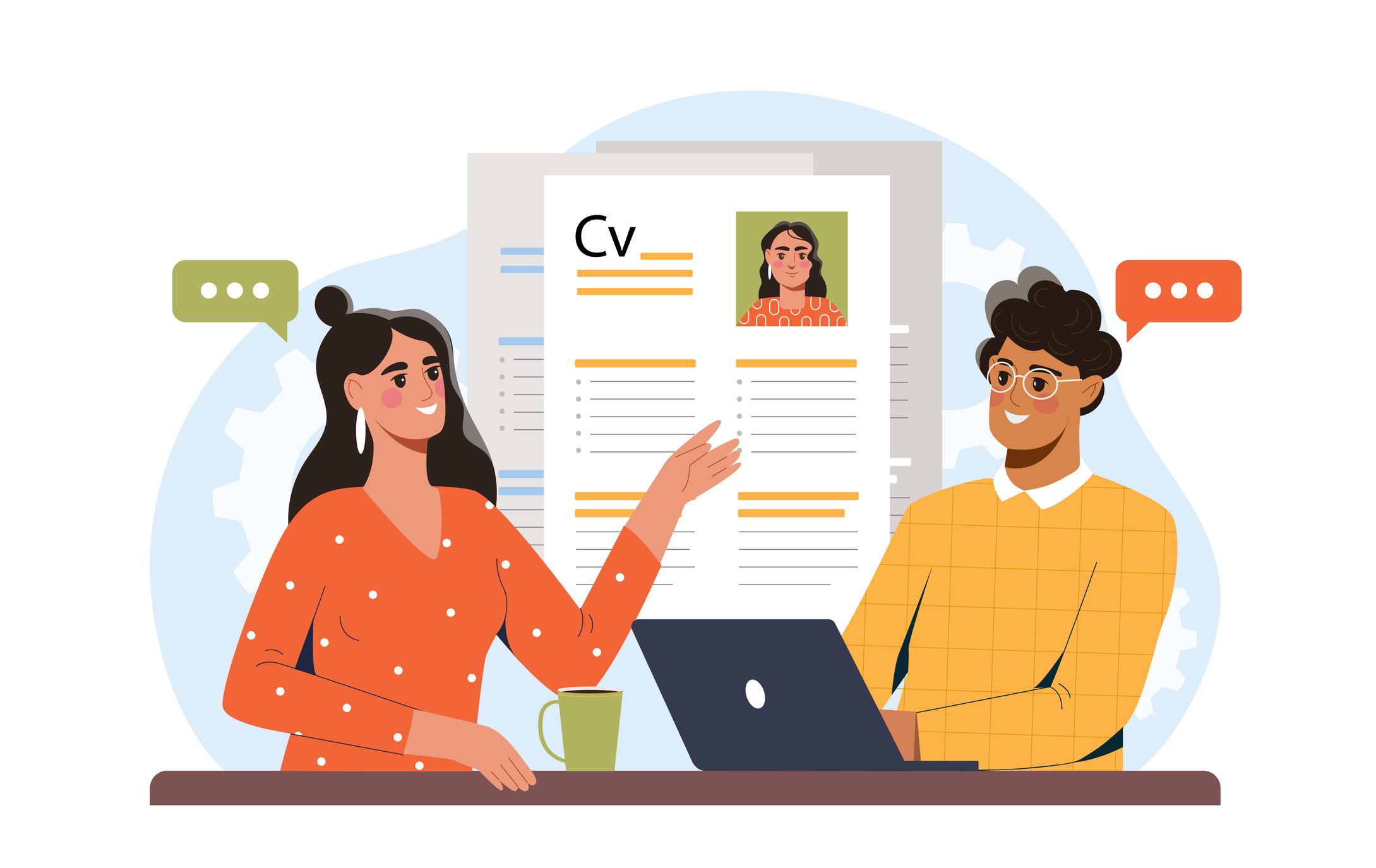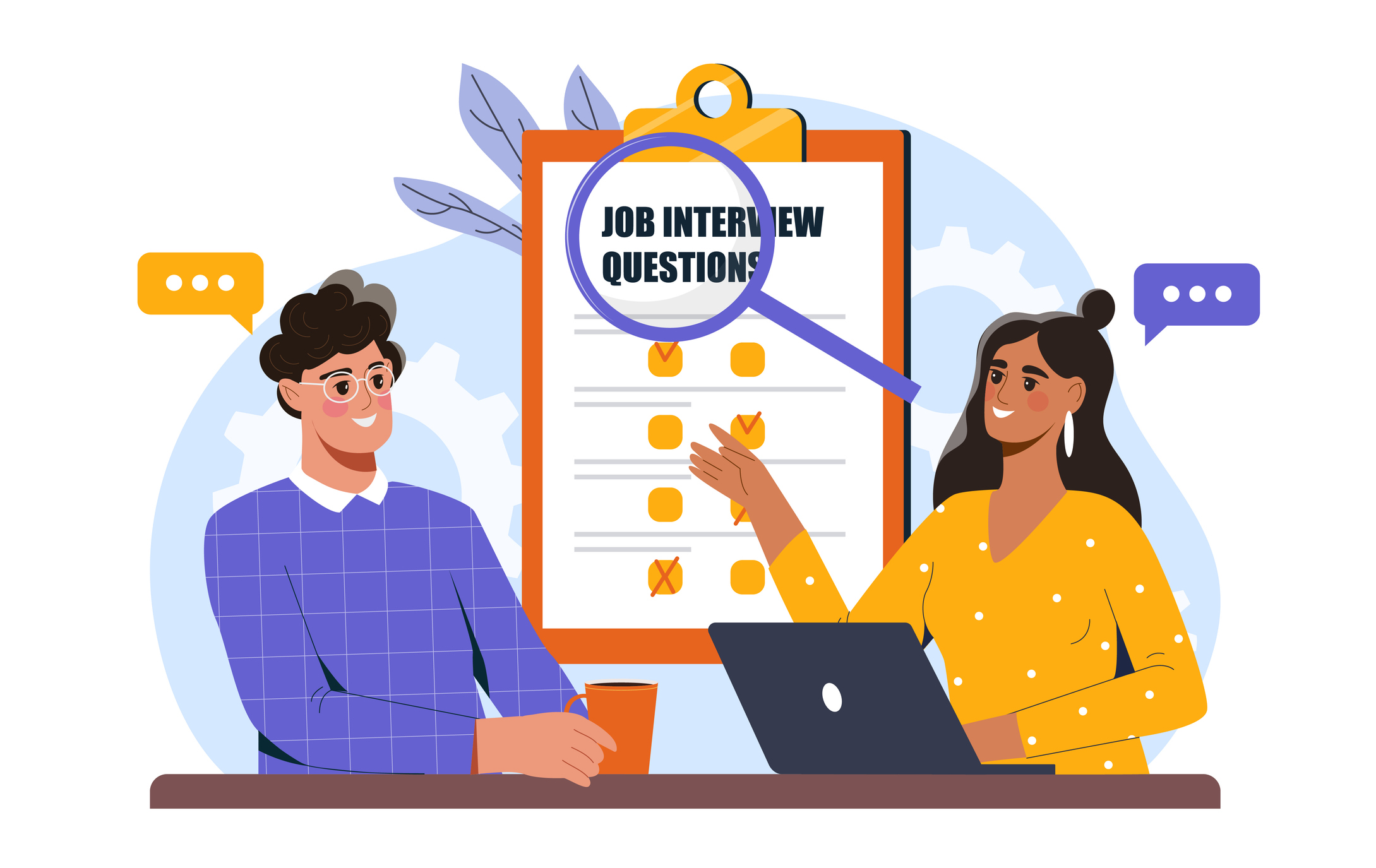Streamlining the Interview Process for Success

The interview process is critical to building a successful team. A disorganized or overly complicated system can deter top candidates and frustrate hiring managers. By simplifying and refining your approach, you can foster a positive and efficient experience that benefits everyone involved.
One proven way to enhance your hiring process is through structured interviews. Unlike informal or inconsistent conversations, structured interviews ensure that each job candidate is evaluated fairly and consistently. This method involves asking the same set of prepared questions to every applicant, making it easier to compare responses and assess how well they align with the job duties. Incorporating behavioral questions during both phone screens and in-person interviews helps reveal how candidates have handled situations similar to what they may encounter on the job.
In-person interviews also provide a unique opportunity to observe non-verbal cues and evaluate cultural fit. When structured properly, these interviews eliminate guesswork and keep the process focused on the skills and qualities that matter most. Remember, job interviews are not just about filling a position—they're about identifying individuals who will contribute to your company’s long-term success. By using structured, consistent methods, your interview process becomes a reliable tool for selecting top talent.
Establish a Clear and Standardized Framework
Optimizing the interview process begins with implementing a standardized approach. By crafting a structured plan, hiring managers gain a straightforward guide that ensures uniformity throughout each stage. This plan should detail the specific phases of the process, designate roles for involved team members, and highlight the main areas to focus on during discussions. Although adaptability remains valuable, a solid framework establishes clarity, enhances productivity, and promotes a more streamlined hiring and job interview experience.
Structured interviews are a key part of this framework. They help ensure that every job candidate is evaluated using consistent criteria, reducing unconscious bias and improving the overall fairness of the process. Whether conducting phone screens or in-person interviews, using standardized behavioral questions allows you to assess how applicants have responded to challenges similar to the job duties they would perform if hired.
A clear structure also benefits the candidates themselves. They know what to expect at each step, which can ease anxiety and lead to more authentic responses during the interview. By maintaining consistency and transparency throughout the interview process, you create an environment where top talent feels valued and respected, making it more likely they’ll accept an offer if extended.
Key elements of a structured interview framework include:
Defined Interview Stages: Outline the job interview process, such as a screening interview, skill assessment, panel job interview, and a final job interview. Inform the candidate which stages will be phone interviews and which will be in-person interviews. Providing this information upfront sets clear expectations and helps the job candidate prepare accordingly. It's also important to ensure your job description aligns with the interview process. The description should accurately reflect the job duties, required skills, and key competencies that will be assessed during each stage. When the interview process directly connects to the job description, candidates can better demonstrate relevant experience, and hiring teams can focus on the most critical qualifications. This structured approach enhances both efficiency and fairness.
Participant Roles: Designate which department heads or staff members will be involved in each stage. During the initial screening for a Junior Accountant position, the HR representative may handle the first interview to discuss workplace culture and assess cultural fit, while the hiring manager, a Senior Accountant, conducts the second interview to evaluate technical skills in areas like general ledger reconciliation and financial reporting. To ensure consistency, team members should practice interviewing together in advance, reviewing key questions, scoring criteria, and evaluation methods. This preparation helps eliminate bias and creates a more structured, fair process that reflects the needs of the role.
Targeted Discussion Points: Establish topics and job-specific questions to ensure meaningful dialogue, naturally creating a roadmap for the interview. For example, if you are interviewing a VP of Finance, your discussion points might include strategies for navigating economic uncertainty, approaches to budget forecasting, and the evolving role of finance in driving business strategy. Targeted questions will naturally encourage candidates to provide detailed answers, helping to ease the interview process.
Standardizing the interview process not only promotes fairness in hiring but also enables more accurate comparisons between candidates by using a consistent set of pre determined questions, hypothetical situations and follow up questions that can help you better asses a candidate's skills. A clearly defined approach helps minimize bias, enhances efficiency, and increases the likelihood of making informed, objective hiring decisions.
Eliminate Redundancy and Optimize Efficiency
Streamlining your hiring process by eliminating redundant interviews and unnecessary steps can lead to significant improvements. Candidates should not engage in a one-on-one interview with the same interviewer (apart from the hiring manager) multiple times unless there is a well-defined and specific purpose. Furthermore, it is essential to avoid repetitive discussions that revisit previously covered topics—avoid a candidate having to explain or even deep dive into their work history during each interview round.

To streamline your interview process:
Ensure each stage adds unique value to the decision-making process. Consider beginning with a phone screening to confirm the candidate's qualifications and discuss salary expectations. Follow with a technical assessment focused on accounting principles, software proficiency (like QuickBooks or SAP), and attention to detail. Conclude with a final interview to evaluate problem-solving skills, ethical judgment, and alignment with the company’s financial practices and culture. Each interview round should uncover different aspects of the candidate’s fit for the accounting role.
Assign different department heads to assess specific competencies. For example, the hiring manager can evaluate technical skills such as financial analysis, the Senior Accountant can assess problem-solving abilities, and HR can focus on cultural fit and communication skills.
Use technology, such as pre-recorded video responses or skills assessments, to gather information efficiently.
Optimizing the interview process saves time for the hiring team and candidates while reducing the risk of asking the same questions and interview fatigue, which can negatively impact a candidate’s perception of your company. Furthermore, eliminating redundancy allows for a more engaging and productive experience, helping candidates stay enthusiastic about the role and the organization.
Enhance Candidate Experience
In a competitive job market, a well-crafted and effective interview experience can set your company apart. Candidates appreciate transparency, personalization, and engagement throughout the hiring process. Clear communication about each stage, from the initial phone screen to the in-person interview, helps build trust and keeps top talent engaged. Remember, the interview is a two-way street—while you are evaluating the job candidate, they are also assessing your company, culture, and values. Providing timely updates, being respectful of their time, and ensuring a seamless interview process all contribute to a positive candidate experience that strengthens your employer brand.
Ways to improve the candidate’s experience include:
Clear Communication: Provide candidates with timelines, next steps, and honest feedback. When interviewing for a Senior Financial Analyst role, let candidates know upfront that the process will include a technical assessment and two rounds of in-person interviews, and a background check. After each stage, share prompt feedback—such as strengths in financial modeling or areas for improvement in strategic thinking—so candidates feel respected and informed throughout the process. (If you are looking for tips to improve your feedback process, check this out.)
Personalized Touches: Tailor the interview to reflect the role's specific impact and introduce candidates to potential colleagues. This approach helps the job candidate better understand day-to-day responsibilities and how their contributions will support broader company goals. Including team members in an in-person interview fosters authentic connections and gives candidates valuable insight into team dynamics.
Engaging Insights: Offer virtual office tours, one-on-one chats with team members, or early access to unique company resources.
An enhanced candidate experience helps create a strong employer brand, increasing the likelihood that even unsuccessful candidates will speak positively about your company. This is particularly important for organizations seeking to attract top talent, as a poor interview experience can damage your reputation in the job market or with other candidates.

Train Hiring Managers and Interviewers
A streamlined interview process is only as effective as the people conducting it. Ensuring that hiring managers are well-trained can make a significant difference in the quality of your hiring decisions. Interviewers should be aware of best practices, including how to ask insightful questions, assess candidates objectively, and provide constructive feedback.
Key training areas include:
Bias Reduction: Helping interviewers recognize and mitigate unconscious bias. Train interviewers to focus on job-relevant criteria—such as experience with financial reporting standards or proficiency in Excel—rather than being influenced by a candidate’s alma mater or shared personal interests, which can unintentionally sway evaluations. Although personality traits can play a role, interviewers should focus on a candidate's ability and professional experiences when conducting their interviews.
Effective Questioning Techniques: Teaching how to ask open-ended, competency-based and situational questions. Instead of asking, “Are you comfortable with month-end close processes?” interviewers might ask, “Can you walk me through your approach to managing month-end close and how you handle tight deadlines?” This encourages candidates to share detailed responses highlighting their past experiences that reveal both skill and problem-solving ability.
Candidate Engagement: Encouraging a welcoming and respectful approach to interviews. One approach might be to start the interview with a warm introduction, briefly outline the agenda, and allow time for the candidate to ask questions, creating a two-way dialogue rather than an interrogation.
By equipping your team with the necessary skills, you ensure that every candidate receives a fair and positive interview experience, increasing the likelihood of securing the best talent for your organization.
Measure and Continuously Improve
No process is perfect, and the best interview frameworks evolve with time. Regularly assessing the effectiveness of your interview process can help identify areas for improvement and ensure that your approach remains relevant to the job.
Methods to assess and improve include:
Candidate Feedback Surveys: Gathering insights from candidates on their interview experience. Consider sending a brief survey after each interview to ask candidates about the clarity of the interview questions, the professionalism of the interviewers, and their overall experience can help identify areas for improvement in your process.
Hiring Metrics Analysis: Evaluating time-to-hire, offer acceptance rates, and candidate dropout rates. A case in point: if you notice that time-to-hire is consistently longer for Senior Accounting roles, it could indicate bottlenecks in the interview or approval process. Additionally, tracking offer acceptance rates can help you assess the competitiveness of your compensation package, while monitoring candidate dropout rates may reveal areas where the candidate experience can be improved, such as interview scheduling or communication.
Regular Team Reviews: Hold debriefing sessions to discuss interview outcomes and refinements. Continuous improvement ensures that your interview process remains efficient, fair, and aligned with the needs of both candidates and hiring managers.
Lead like a BOSS. Hire Like a Pro by refining your interview process, eliminating inefficiencies, enhancing the candidate experience, and leveraging technology.

